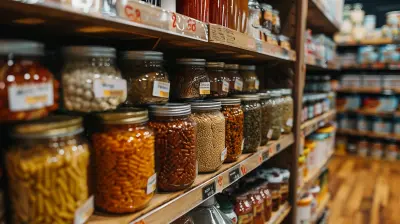Are Your Household Cleaners Weakening Your Immune Defenses?
21 July 2025
Have you ever paused mid-spray while cleaning your kitchen, wondering if that bottle of disinfectant is truly doing you good? Sure, it annihilates germs, wipes away grime, and leaves a crisp, lemony scent in its wake—but at what cost? Could your daily scrubbing ritual be silently undermining your immune system?
Let’s dive deep into the sudsy truth and uncover whether your household cleaners are actually weakening your body’s natural defenses.
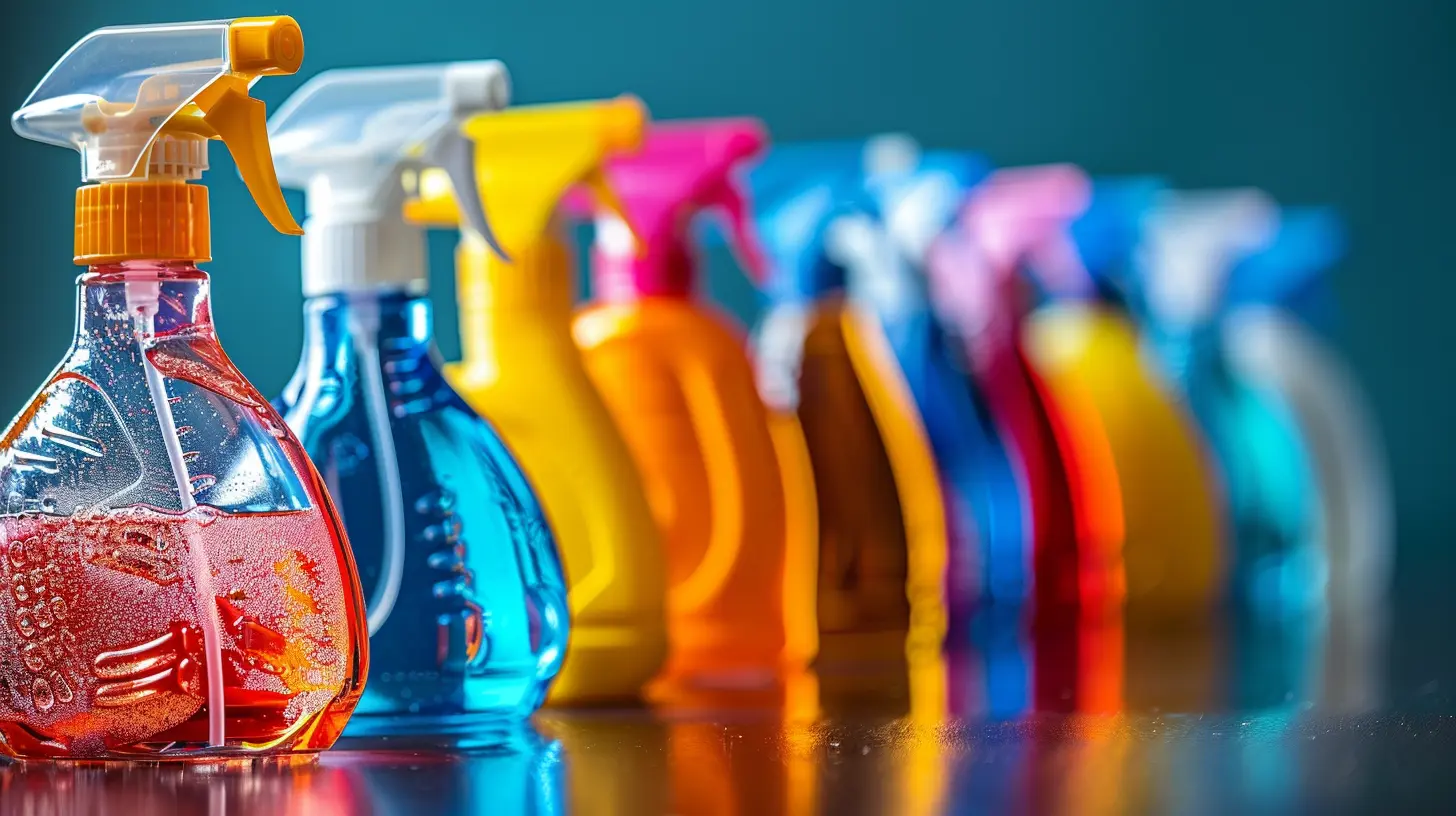
The Paradox of Clean: Are We Over-Sanitizing?
Once upon a time, dirt was just part of life. Kids played in the mud, hands got dirty, and exposure to nature was constant. But fast forward to today, and we live in a world obsessed with cleanliness. Antibacterial wipes, disinfectant sprays, and heavy-duty cleaners dominate our homes. Every surface is sanitized, every germ annihilated—but could this be harming us rather than protecting us?Scientific research suggests that our immune systems rely on exposure to everyday microbes to build resilience. When we shelter ourselves from all bacteria—even the harmless or beneficial ones—we rob our immune system of "training exercises." Think of immunity like a muscle; without use, it weakens.
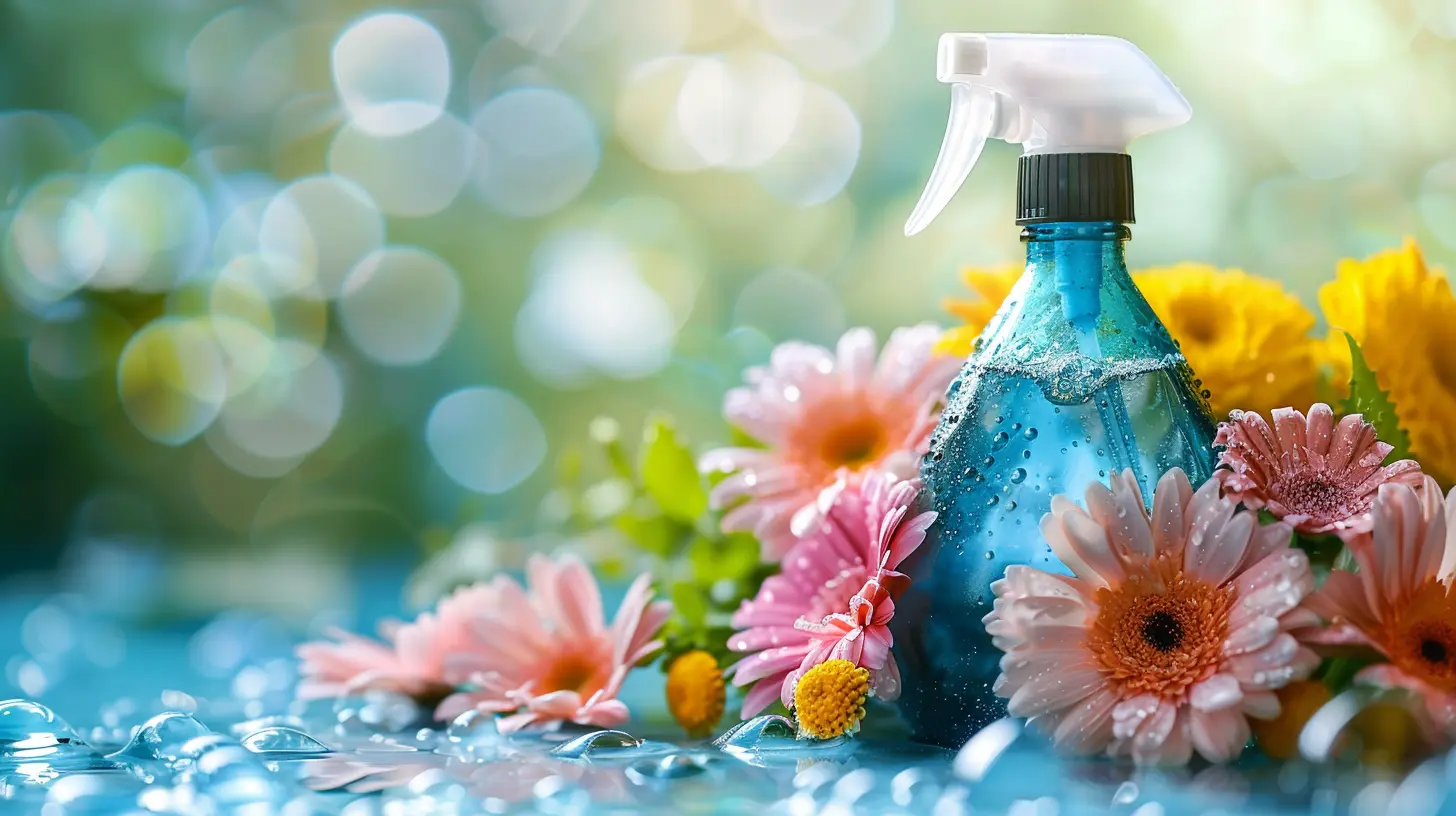
The Immune System: A Delicate Balance
Your immune system is like a finely tuned orchestra, harmonizing responses to keep you healthy. But when we drown our environment in chemicals designed to kill bacteria, we disrupt this natural balance. Instead of allowing our immune system to do its job, we replace it with artificial barriers—barriers that might not be as protective as we think.Here’s the kicker: exposure to small amounts of bacteria strengthens our immunity over time. When we eliminate germs completely, our bodies don’t get the chance to build defenses, leading to an increased risk of allergies, asthma, and autoimmune disorders.
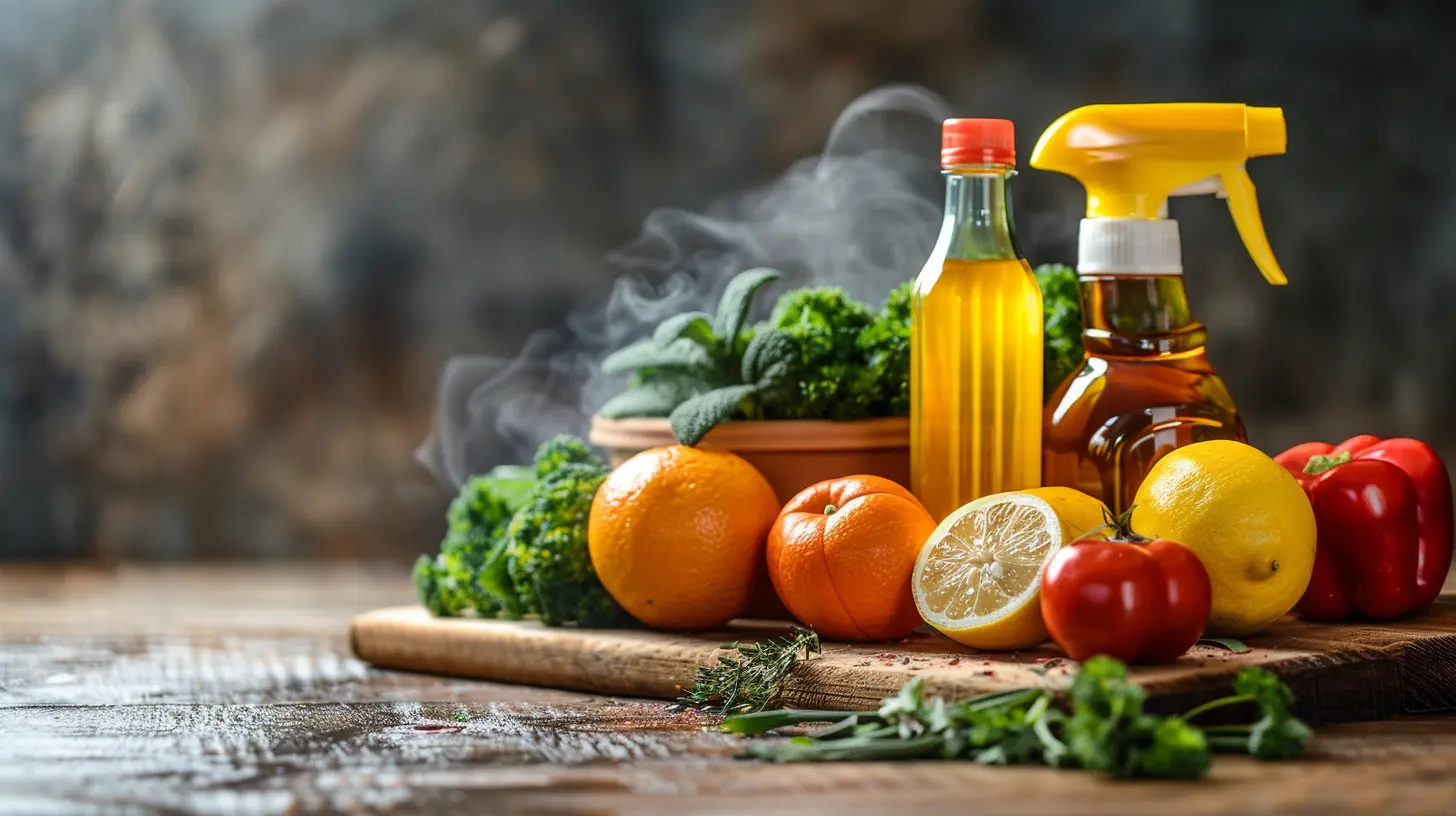
The Chemicals Lurking in Your Cleaning Products
Many conventional cleaning products contain ingredients that can irritate the respiratory system, disrupt hormones, and even contribute to long-term health issues. Let’s break down some of the worst offenders:1. Triclosan and Antibacterial Agents
Once hailed as germ-fighting heroes, antibacterial agents like triclosan have been linked to antibiotic resistance and hormonal imbalances. They don’t just kill harmful bacteria—they wipe out the good ones too, leaving your immune system less equipped to fight off real threats.2. Ammonia
Ever notice how ammonia-based cleaners make your eyes water and throat burn? That’s because ammonia is a harsh respiratory irritant. Prolonged exposure can weaken lung function, making you more susceptible to infections.3. Chlorine Bleach
Bleach is a staple in many households, but breathing in chlorine fumes can suppress immune function and trigger respiratory issues. When mixed with other cleaners, bleach can produce toxic gases that are downright dangerous.4. Volatile Organic Compounds (VOCs)
These sneaky compounds lurk in air fresheners, disinfectant sprays, and multipurpose cleaners. VOCs contribute to indoor air pollution, irritating the lungs and potentially leading to chronic immune stress.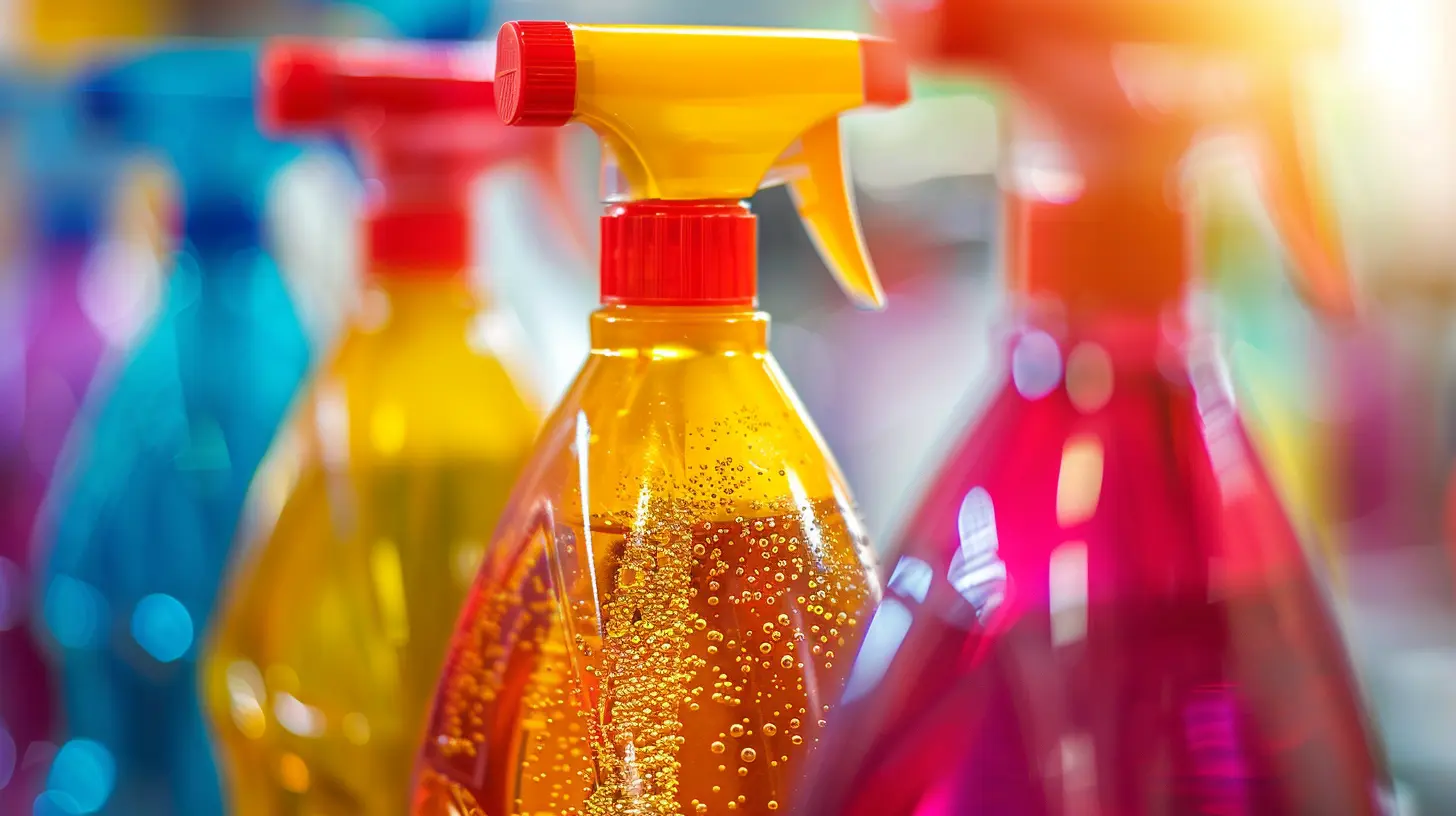
Are Kids and Pets at Greater Risk?
Children and pets are especially vulnerable to the effects of harsh cleaners. Their developing immune systems need microbial exposure to grow stronger. But when kids grow up in overly sterilized environments, they miss out on this crucial immune training.Studies show that children raised in ultra-clean households are more likely to develop allergies, asthma, and even autoimmune diseases. The same goes for pets—our furry friends rely on a healthy balance of bacteria to maintain strong immune defenses.
The Hygiene Hypothesis: Too Clean for Our Own Good?
The hygiene hypothesis suggests that a lack of microbial exposure in early life leads to an increased risk of chronic illnesses. In other words, when we’re not exposed to enough germs, our immune system doesn’t learn how to differentiate between harmful invaders and harmless substances. This can lead to overactive immune responses—manifesting as allergies, asthma, or even autoimmune disorders.So, are we scrubbing away our immunity in the name of cleanliness? The science says—probably.
What Can You Do? Healthy Cleaning Without Over-Sterilizing
If the thought of ditching your cleaning products completely makes you queasy, don’t worry. You don’t have to abandon cleanliness—just adjust your approach. Here’s how:1. Swap Chemical Cleaners for Natural Alternatives
Opt for plant-based, non-toxic cleaners that use vinegar, baking soda, and essential oils. These ingredients kill harmful bacteria without destroying your immune-supporting microbiome.2. Clean with Soap and Water
You don’t always need heavy-duty disinfectants. In most cases, soap and water do the job just fine. They remove dirt, grime, and bacteria—without harmful side effects.3. Let the Immune System Work
Let kids play outside, interact with nature, and get a little dirty. Encourage exposure to diverse environments to help strengthen their immune defenses.4. Improve Indoor Air Quality
Limit your use of aerosol sprays, fragrances, and harsh disinfectants. Open windows regularly to let fresh air circulate and reduce indoor pollutants.5. Be Mindful of Antibacterial Overuse
Avoid antibacterial soaps and wipes for everyday use. Reserve them for when they’re truly necessary, such as during flu season or when handling raw meat.Final Thoughts: Clean, But Not Too Clean
There’s no doubt that hygiene is important. Nobody wants a germ-infested home. But there’s a difference between practicing good hygiene and going overboard with chemical-laden cleaners that strip our immune system of its natural strength.The key? Balance. A clean home doesn’t have to mean a sterile one. By making small changes—like switching to natural cleaners, allowing for microbial exposure, and reducing our reliance on disinfectants—we can support both cleanliness and immunity.
So, next time you reach for that antibacterial spray, ask yourself: Am I protecting my health, or weakening my defenses?
all images in this post were generated using AI tools
Category:
Immune SystemAuthor:

Laurie Barlow
Discussion
rate this article
1 comments
Marley McIntire
Great article! It’s so important to be mindful of what we bring into our homes. Choosing natural cleaners can really support our health. Let’s prioritize our immune systems and create safer spaces!
August 16, 2025 at 2:50 AM

Laurie Barlow
Thank you! I completely agree—choosing natural cleaners is a vital step toward a healthier home and stronger immune system.
